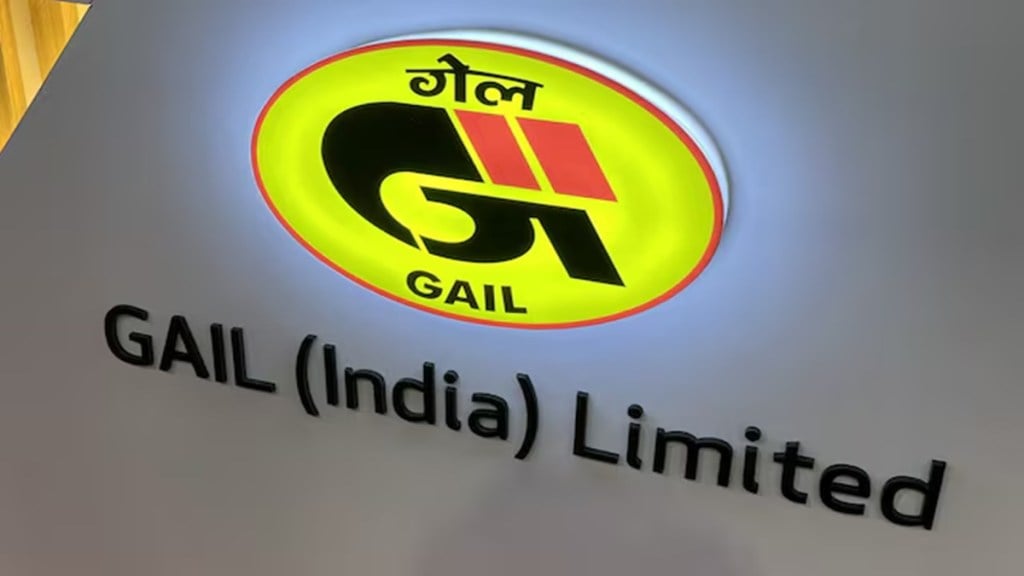The Petroleum and Natural Regulatory Gas Board on Thursday revised transmission tariffs for state-run GAIL to Rs 65.69 per Million Metric British Thermal Unit (MMBtu), up 12% against the current tariff of Rs 58.6 per MMBtu. The tariff of Integrated Natural Gas Pipeline (INGPL) will come into effect starting January 1, 2026.
The order stated that truing up of all other factors such as actual opex and capex, future opex and capex, transmission loss, working days, revenue sharing adjustments etc. and other amendments as per regulations, shall be done in the next tariff review exercise in FY28 and take effect from April 1, 2028.
Following the development, shares of GAIL fell over 6% in early trading on Friday. The revised tariffs are lower than Rs 78 per MMBTU sought by the company.
Tariff Hike and Stock Impact
“The Members of the Board deliberated and observed that true-up of all the parameters at this stage would lead to sudden significant increase in tariff and can place unexpected financial pressure on customers. At the same time, the interest of the pipeline entity is also to be protected to get them a reasonable return,” PNGRB said.
Future Capex and True-Up Deferred to FY28
GAIL in its tariff filing had projected cumulative operating capex of Rs 1.83 lakh crore and a capital expenditure of Rs 56,498 crore up to March 31, 2049 and proposed a tariff based on an economic life of 30 years for INGPL. Of this, GAIL has considered nearly Rs 17,775 crore as future capex.
“Given the age and operations of these pipelines, going forward, based on reports of Integrity Assessment Tests to be carried out for assessing the Technical and Safety aspects and to ensure compliance with the PNGRB Technical and Safety Standards Regulations, some of these pipelines would be requiring significant replacement / modification which would entail substantial ‘replacement capex and O&M capex’. Accordingly, provisions for such ‘future capex’ on account of pipeline replacement may be suitably addressed by PNGRB in the upcoming tariff order for GAIL’s Integrated System,” PNGRB said.
Analysts note that PNGRB’s decision is aimed at safeguarding customers from immediate rise in tariffs while ensuring the company eventually recovers its costs. However, the lower than expected tariff increase may impact GAIL’s earnings for FY27-28, analysts say.
The review of other parameters has been pushed to FY28, considering a full true-up now would have led to a sharp increase in tariffs and imposed unexpected financial strain on consumers.
The state-run company had also asked for inclusion of capex of pipelines serving five customers stating that they should be treated as common carriers. The Board however said that these customers were still classified as dedicated, refusing to include associated costs in the current tariff.
The apportionment of levelized tariff over all the tariff zones with calculations will be submitted by GAIL for Board’s approval within 7 days from the date of issuance of this order, the Board said, adding that on issuance of zonal tariff order by the Board, the same shall be applicable from the first day of the month, following the month, in which zonal tariff order is issued.

